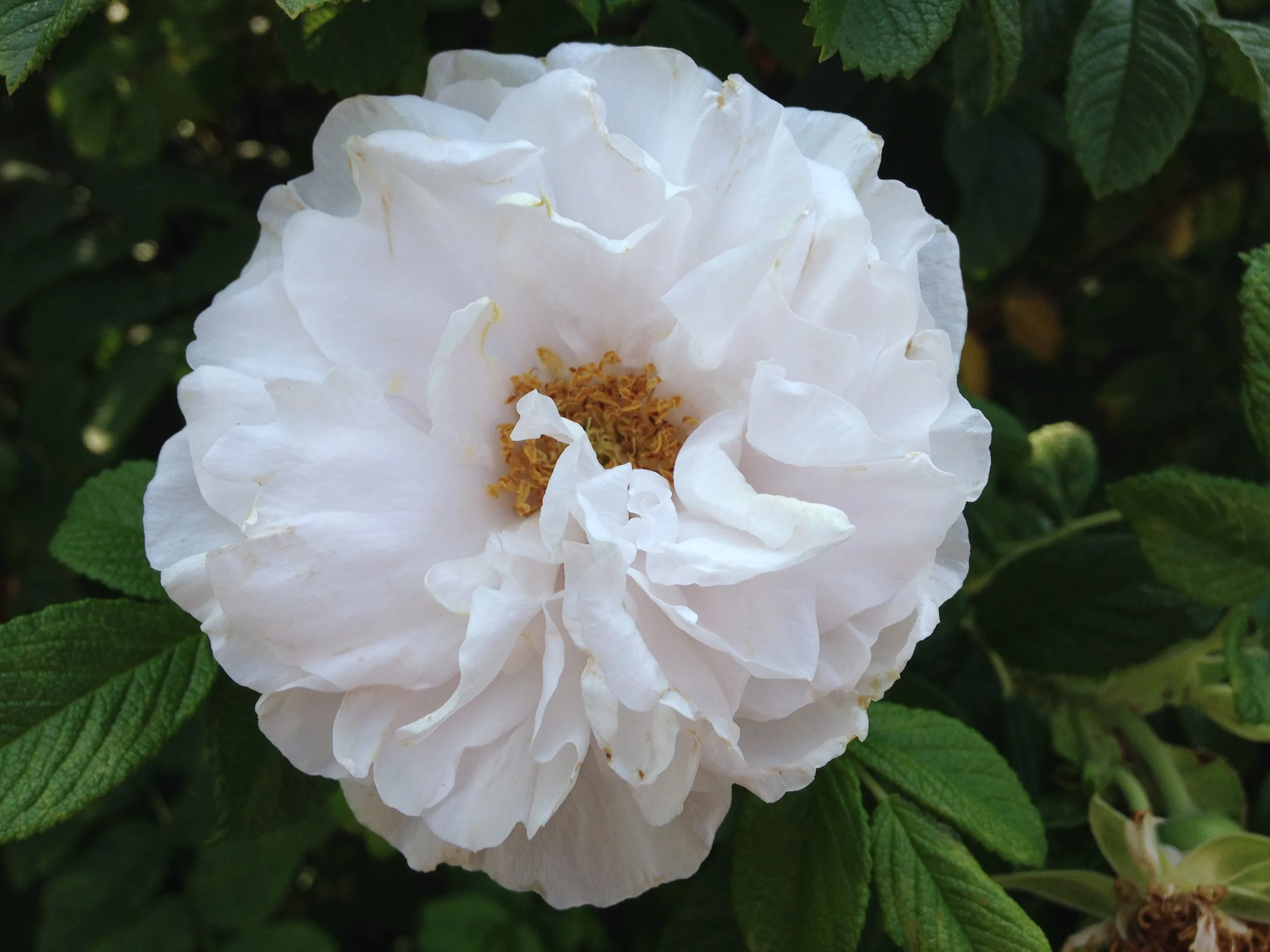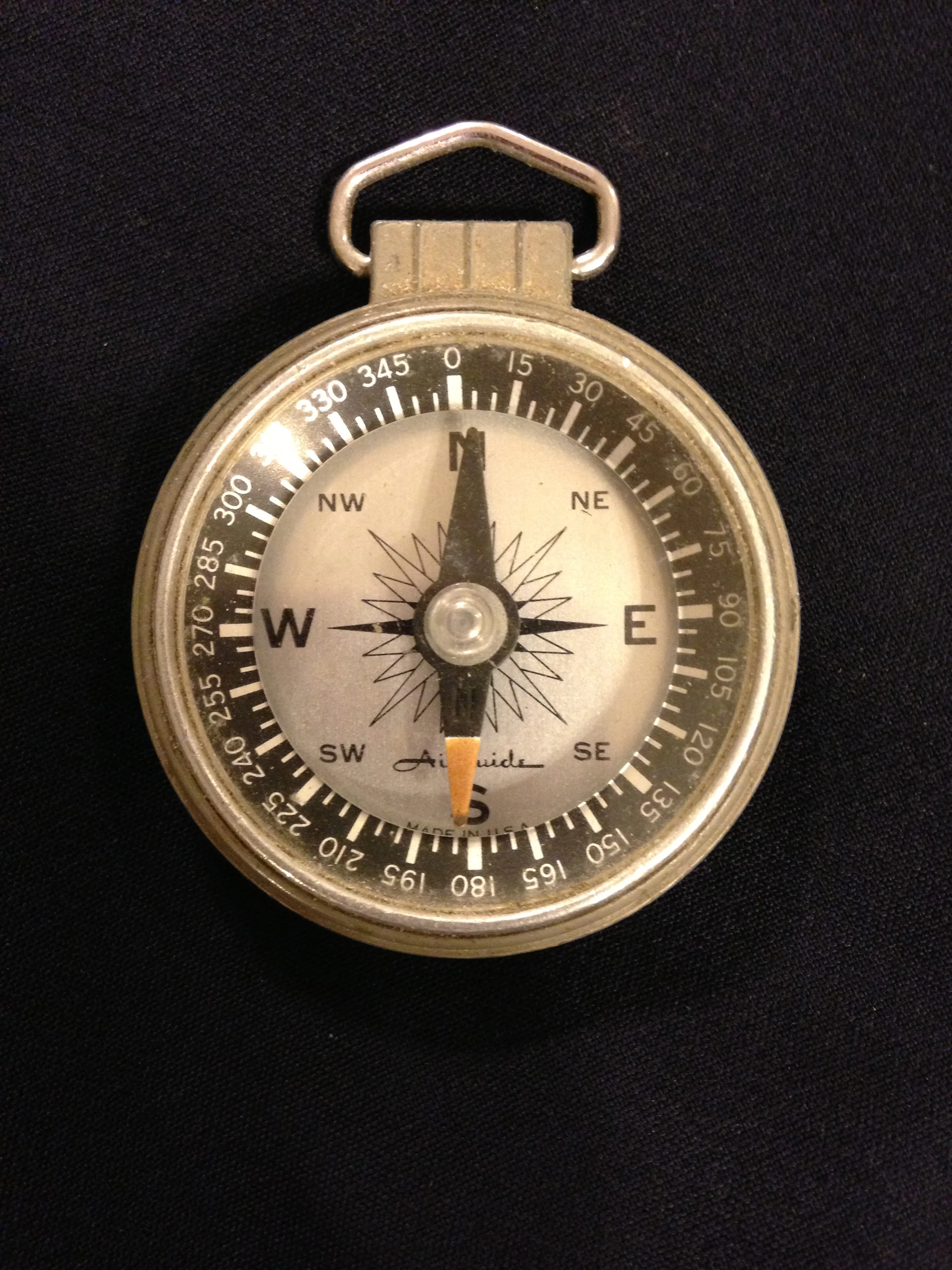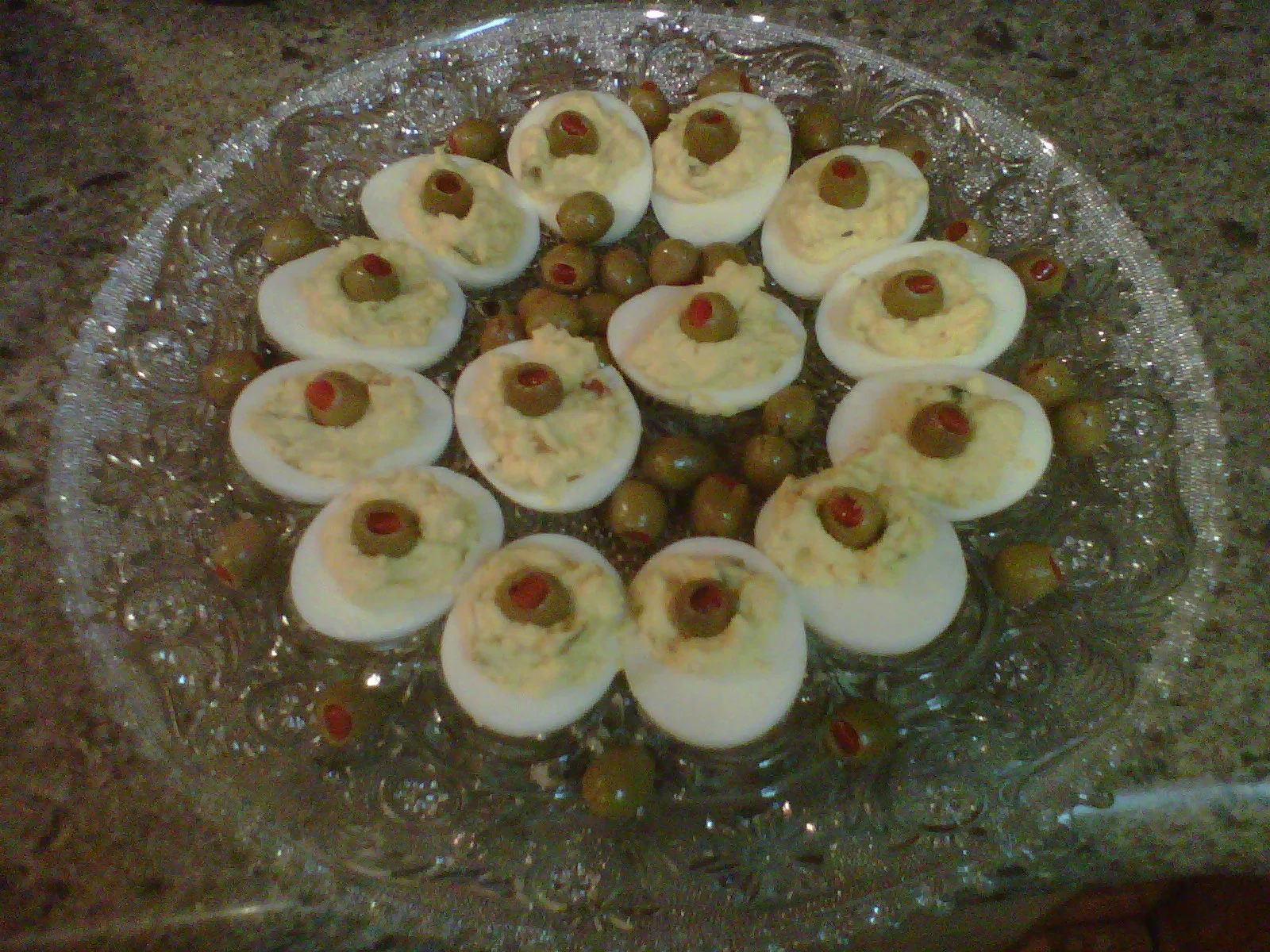In the chapter "The Great Poetry Writing Contest," Sissie writes a poem entitled "The Rat Snake." Spud asks her to read her finished poem to him, but she refuses. Her explanation is simple.
"Not just yet. It has to be written in ink first. That way it will officially be a poem."
Later at home Sissie sits down at the dining room table with a bottle of black ink, a sheet of crisp white paper, and her pink and gold fountain pen. She delights in the smooth feel of ink flowing on paper, not the sound of scratchy #2 pencil points.
My thoughts exactly. There is nothing quite like writing in fluid ink and allowing it to flow onto the page. It's as if a bit of my heart and soul slips out onto the sheet of paper along with the ink. I can't get the genuine touch of word to page any other way. Not a ball point pen or a gel pen, not a pencil that scratches its way across the paper, but an honest-to-goodness pen. For other writers, any kind of writing instrument may do just fine. As for me, I prefer my calligraphy pen.
A pen keeps a writer honest. Erasures are not an option. Oh, there may be scratch-outs galore, but the writer's process and mistakes are still visible. A writer or a poet can't hide in ink. Even a heavy blot of ink that attempts to cover a word or two is a sign of a slip-up or a change of heart.
And almost always some of my ink finds a way to stain my fingertips. But that's okay. It proves the human and ink connection. This poem or this note was written by a human being who was making a commitment to the written words.
Sometimes the ink smudges. That's okay, too. The smudges are me. At times a poem may present itself in manuscript and at other times in cursive. And after the ink dries, it's not simply sitting on the surface of the paper. It has found a way to seep into the very fibers of the page. It exists for real. It has become a poem.
I find joy and freedom in allowing my thoughts to flow through the ink of my pen into what I am creating. The work is uniquely mine, created with pen in hand. It's official.
Yes, I write my book drafts on the computer. But all over the house I have slips of paper and notebook sheets with inky notes scribbled by the nib of my pen. Maybe it's a plot idea, a snippet of dialogue, a brief description, or lists of characters. Maybe it's a line or two of a future poem. The notes are everywhere. Sometimes I have to do a walkabout to find them all.
Books have their own temperament. But, for me, the nature of a poem demands immediate commitment. A poem can be written so many different ways, and it might never actually be finished. So the ink seals the deal. Enough. Commit to the words. It's now officially finished.
In "The Great Poetry Writing Contest," it will soon be Valentine's Day in Slippery Branch, and students are to write a poem about something they love. Of course, Sissie loves snakes, and the final version which she submits is written in ink. In her mind, it's complete. Whether she realizes it or not, the truth is that her poem is now dressed and ready to go. Sissie has moved into that dreaded realm that so many writers understand. A place of great vulnerability. She has not simply submitted a poem. She has revealed a piece of her soul to be scrutinized and judged by others.
[SPOILER ALERT]
Although she wins the grand prize for her poem, her accomplishment is not without difficulty. A teacher, Miss Maude Jones, accuses her of plagiarism. Not because of the quality of the poem, but because the irascible Miss Jones simply cannot believe that Sissie is capable of writing a poem, especially one about a snake. After all, Sissie is a girl, and girls just don't write about snakes. Sissie is unyielding. She is honest. Because she nurtures her poem from its birth as an idea until its final draft in ink, "The Rat Snake" is officially a poem. In fact, it is officially her poem.
Sissie is right. When a poem is at last presented in ink, it's ready. It's dressed, and its hair is combed. It's not running around in its underwear. By writing her poem in ink, Sissie shows reverence and respect for her subject. Her poem is, after all, a paean to something she holds dear, a much maligned yet valuable creature in our ecosystem. Not only does Sissie love snakes, but she also values their importance and understands their worth as God's creatures.
Maybe her approach to writing poetry is childish and simplistic; however, in her uncomplicated perspective, Sissie reveals truthfulness, determination, and reverence for writing ̶ important standards for a life well lived and a poem well written. In ink, of course.










